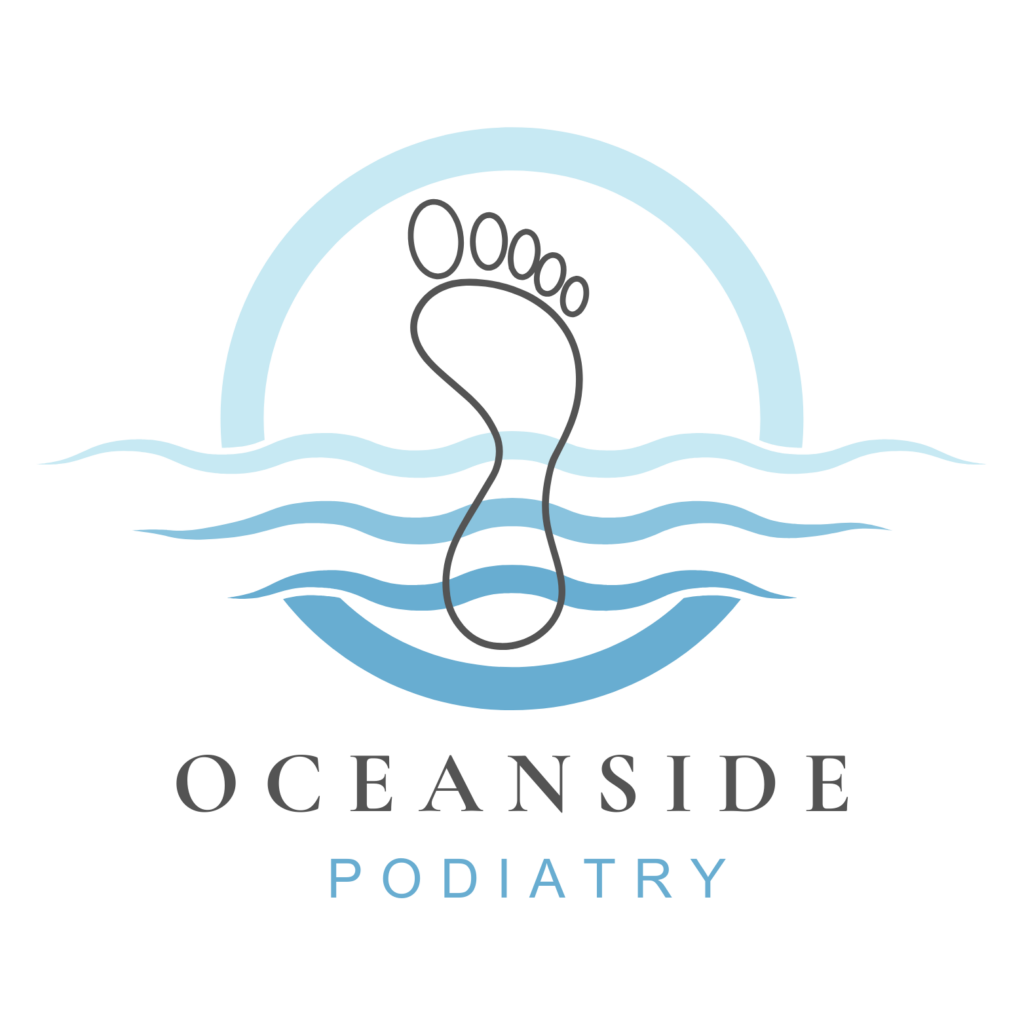What are Corns?
Corns are areas of thickened skin that develop due to repeated friction or pressure, typically over bony prominences such as the toes or the sole of the foot. They often cause significant discomfort, especially when walking or wearing tight shoes. Corns can be hard or soft, with hard corns forming on the tops or sides of toes, and soft corns usually appearing between toes where moisture is trapped.
How do I know if I have a corn?
It is often difficult to discern a corn from a wart/verrucae or a hard callous, but generally a corn will be painful with direct pressure such as walking and/or running. Often the pressure from footwear pressing on toes or boney prominences will make the corn feel particularly painful. A small dot may be able to be seen on the surface of the foot and it can often feel as if there is a splinter or foreign object digging into the foot.
How do podiatrists treat them?
Podiatrists play a key role in effectively treating corns. One of the most common and immediate treatments is sharp debridement, where the podiatrist carefully shaves down the thickened skin using a sterile scalpel. This procedure reduces pain quickly and can help prevent further complications such as ulcers or infections, particularly in people with diabetes or poor circulation.
Beyond debridement, podiatrists implement offloading techniques to reduce the pressure that caused the corn in the first place. This may involve the use of felt padding or silicone wedges, which are strategically placed to redistribute pressure away from the affected area. These devices can be customized to the patient’s foot shape and footwear to provide ongoing relief and prevent recurrence.
Footwear plays a crucial role in both the prevention and management of corns. Shoes that are wide enough and deep enough help prevent excessive rubbing and pressure. Ill-fitting shoes, especially those that are narrow at the toe box or too shallow, often contribute to corn formation. Podiatrists often provide footwear advice or recommend orthotic-friendly shoes to accommodate padding and improve foot mechanics.
Overall, podiatric care for corns is focused not only on symptom relief but also on addressing the underlying causes to prevent recurrence. Regular follow-up and proper foot care are essential for long-term management, particularly for at-risk patients.

